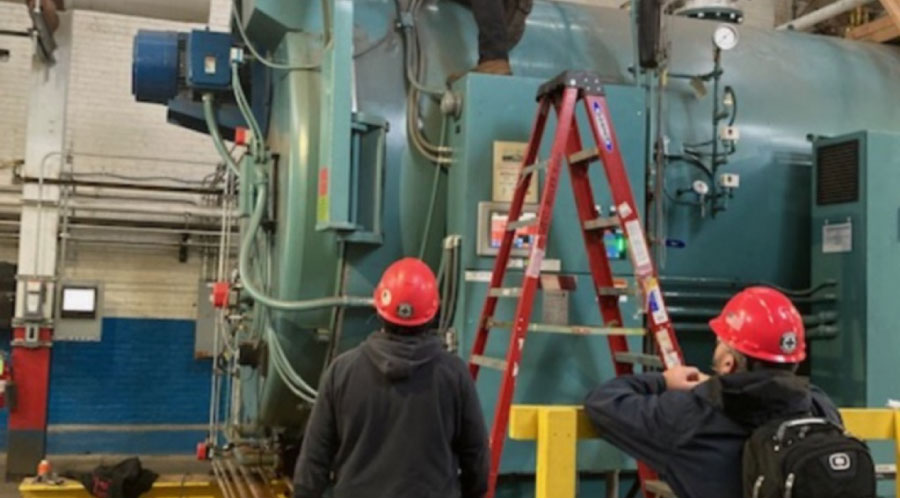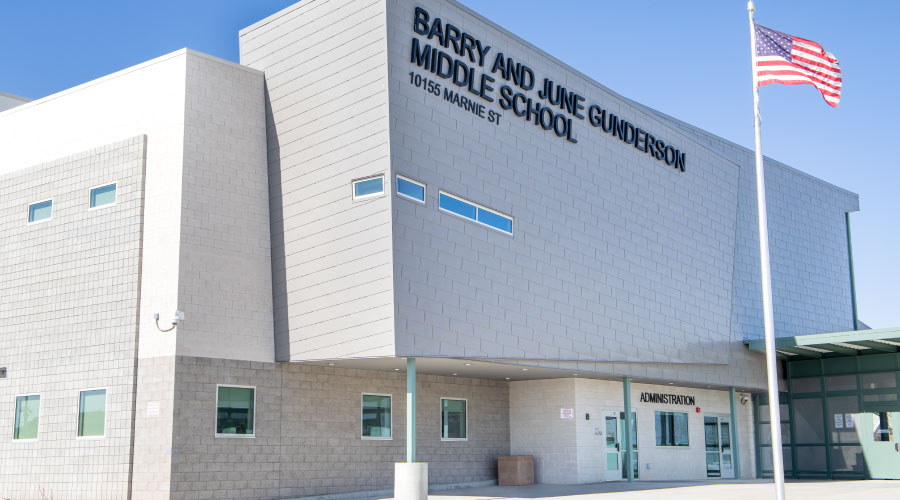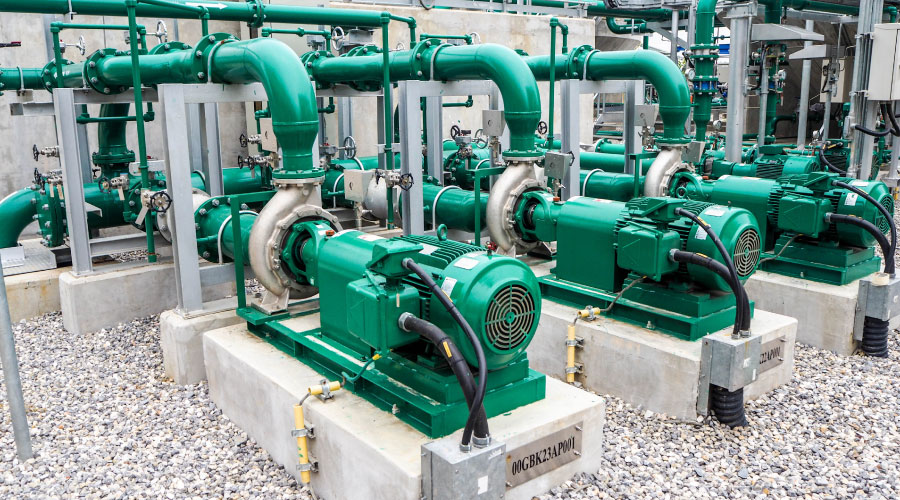Controls Considerations Played Key Role in Boiler Selection
The hospital's additional boilers affected the configuration of the new boiler.
"It's configured similarly to the three other boilers that we have," Puckett says. "The choice and sizing of it have a lot to do with its fit with the other equipment, with staff familiarity with the operation of it." The department made a concession to existing staff in specifying controls for the new unit.
"The boiler was selected with older controls — linkage controls — where typically a new premium boiler today would come with linkage-less controls, which is a much more efficient way to control a boiler," says Greg Hatzinger, the hospital's power plant supervisor. One important goal was to ensure a smooth transition when it came to operating the new boiler.
Puckett says the equipment choice "was largely based on engineering calculations, but you also had to take into account the existing systems — their capacities and ages — so we could provide something that was relatively standardized, efficient and reliable to accommodate the expansion."
"One of the benefits of bringing it in with controls that were similar to the other three boilers that are already online is that we kind of minimized that learning curve for utilizing that equipment," Puckett says. "We've had little bit of turnover here, and as you bring on new folks, you don't have to train them differently than the other three immediately adjacent to it."
Puckett says the department now is moving to upgrade the new boiler's controls to enhance efficiency.
"If we were to do it over again, one thing specifically we would change (is) we'd go with the most current and modern controls we could, largely for the savings," he says. "We are in the process of petitioning for funds to upgrade the boiler controls because the return on the investment for those efficiencies is less than two years. It's about a year and three months. It was kind of that balance between familiarity and ease of operation. A boiler is a huge energy-user, so any efficiencies you can build into it right off the bat are well-justified."
Related Topics:













